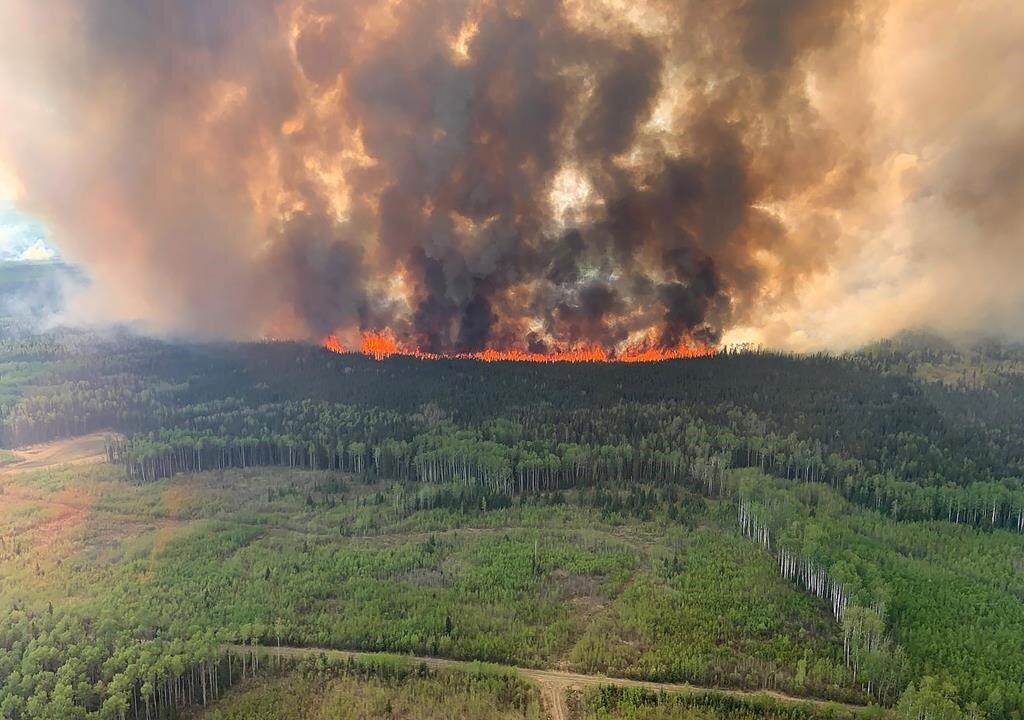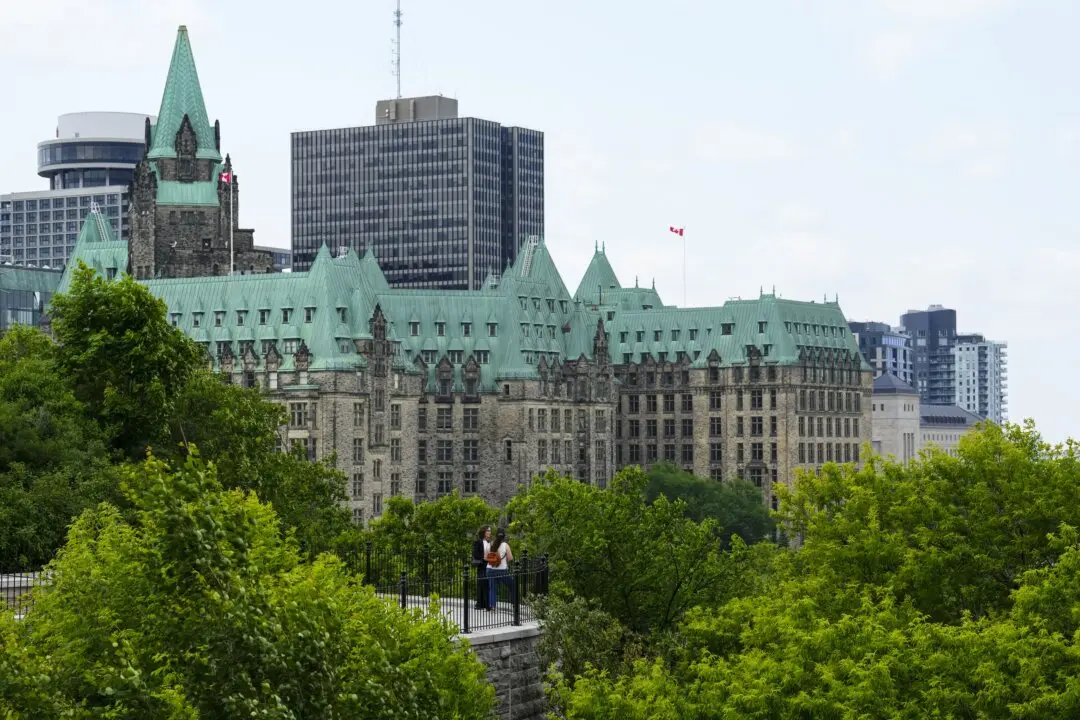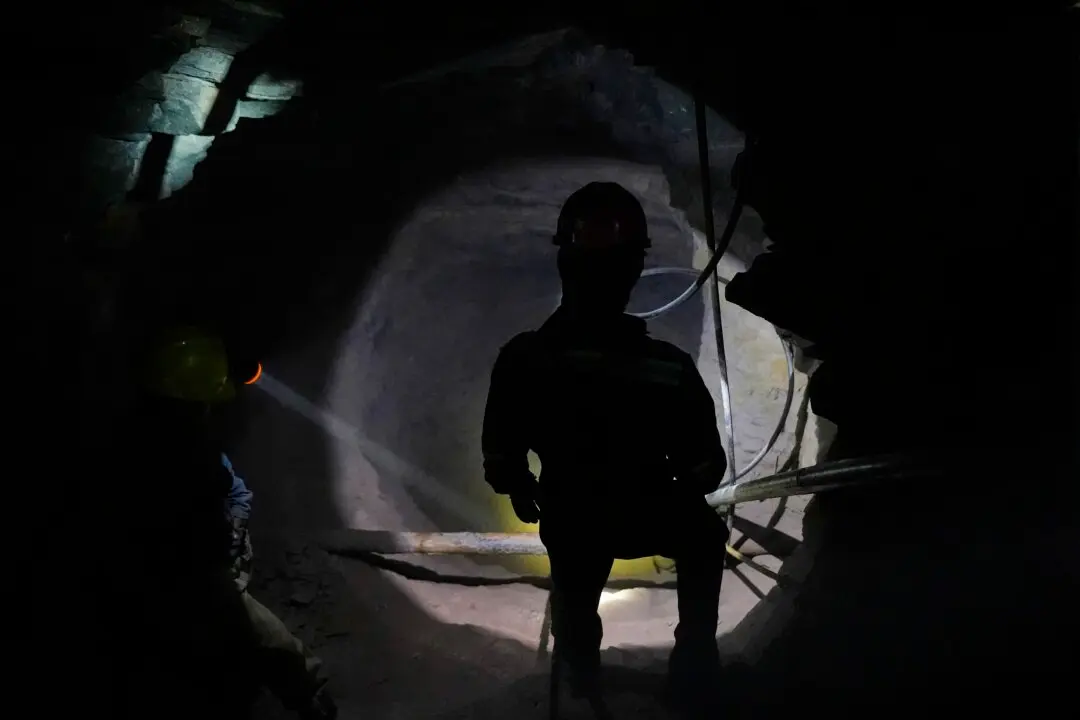Several communities in Northern Alberta and British Columbia have been evacuated due to wildfires in the area that present a risk to lives and property.
Residents in Grande Prairie County have been told to evacuate due to a wildfire that is four kilometres east of Teepee Creek, around Range Road 31 and Township Road 740, according to a May 10 notice on social media.





